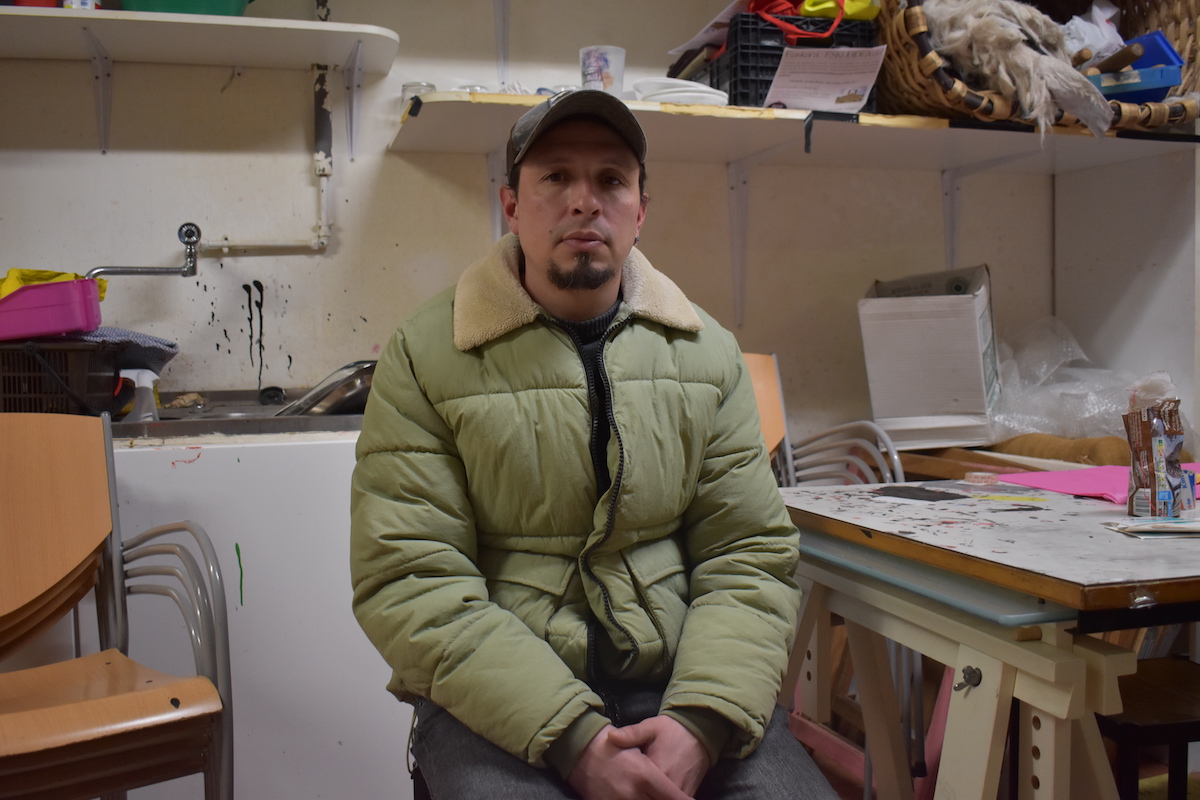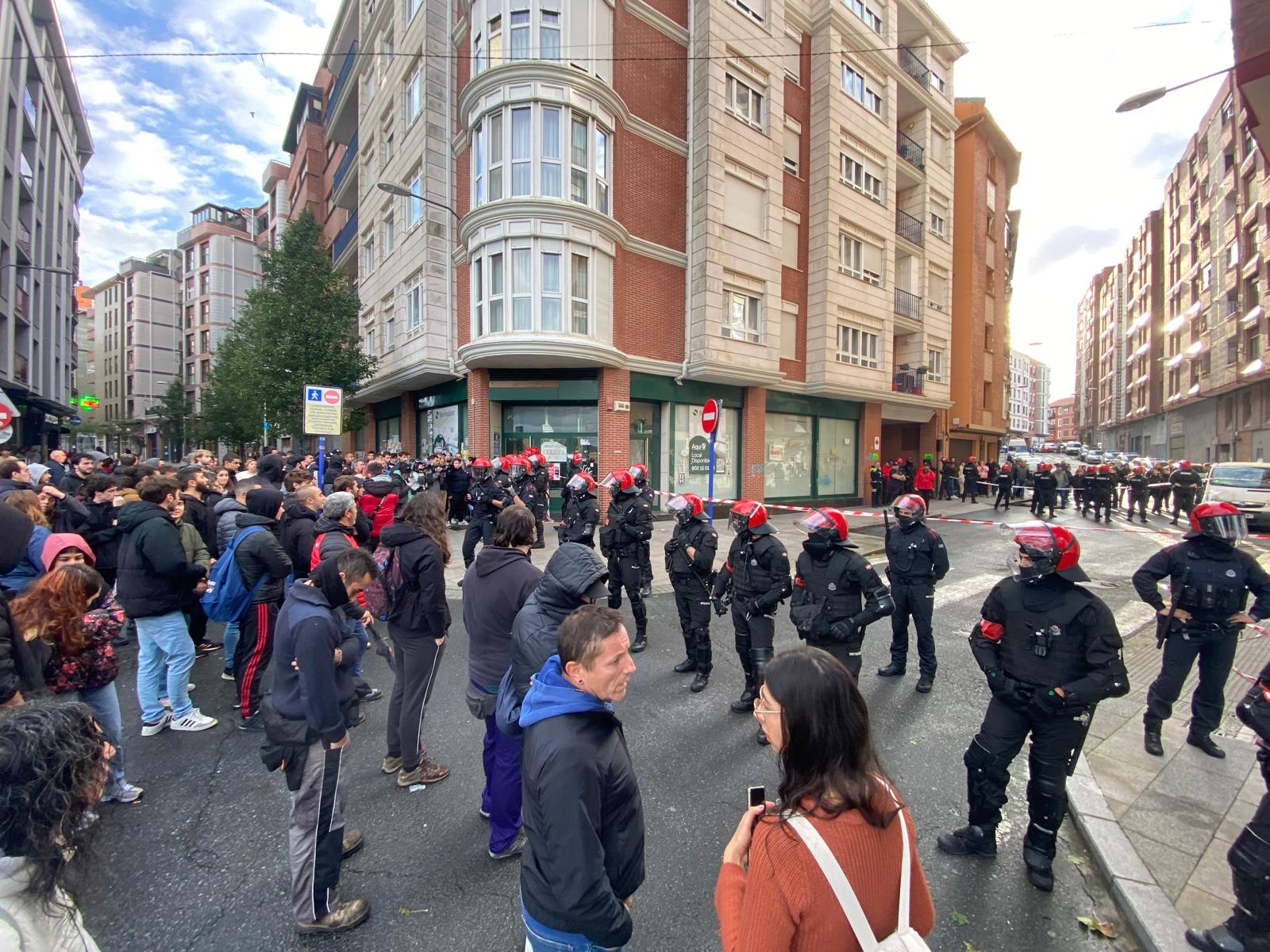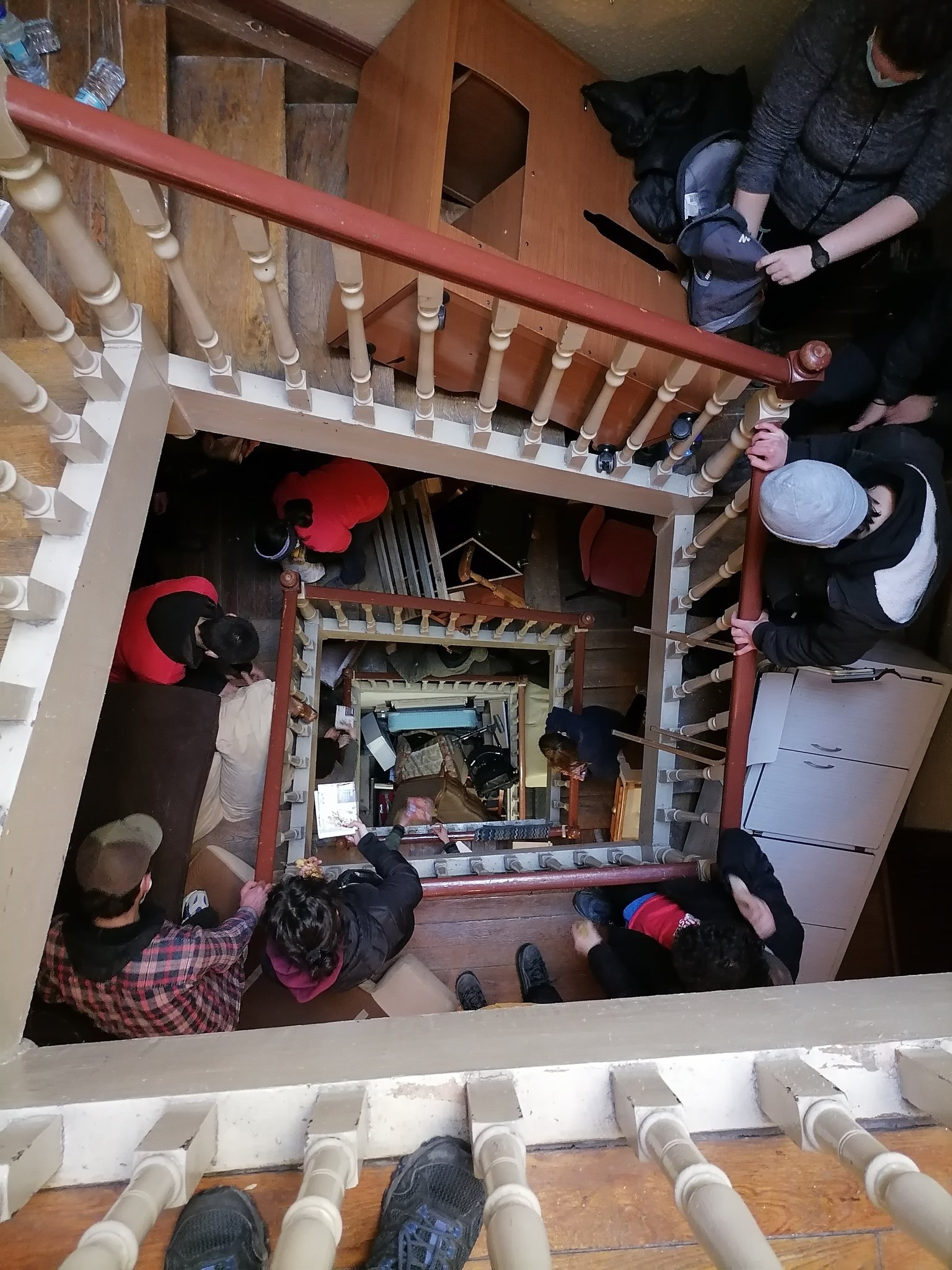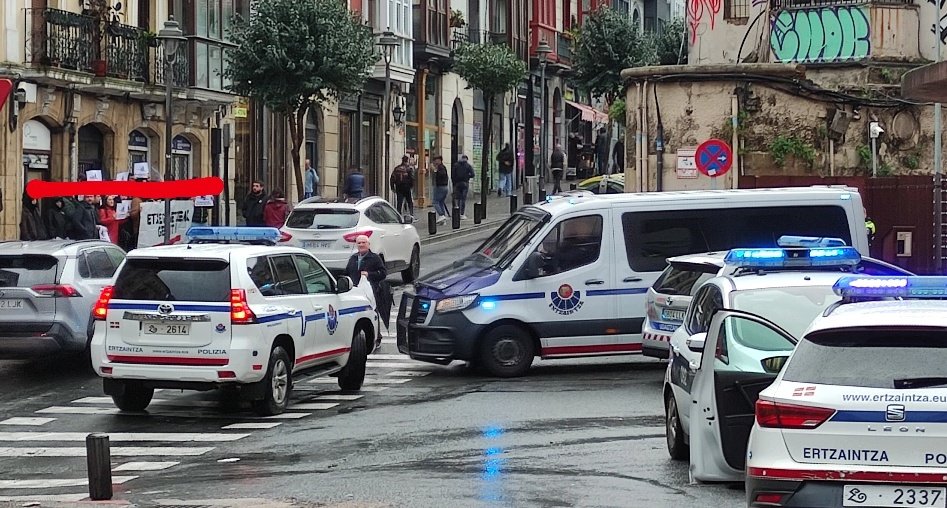Value added tax (ti)
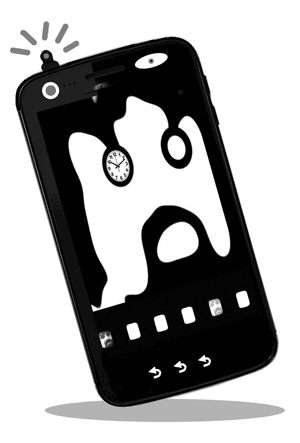
Photos of children: In total, I don't think they get to a dozen. As a young person, so much so, maybe a couple more. In addition to little, little: taken remotely, poorly square and worse focused. Fortunately, because everything else is within me, I was the child, the boy, the young man. Or what I wasn't, but what I wish I was. Not image, but imagination. I mean, really.
I would say that it is one of the most important features of our time, that damn tendency to hang every moment in his photo: “You, five seconds after you were born, see you in your first cry; look, throw the first soup after...” In the best film I have seen some time ago (The Great Bellezza, which I would translate Terrible Beauty), the exhibition of an artist appears. When he was born, his father started taking a picture of him every day, and then the artist continued to take a picture every day. Imagine that, as the artist was 30 years old, about 11,000 photos.
Children and moments. You can't let yourself go on your own, either one or the other. In natural practice, time turns the child into an adult and in a particular moment into a memory. Times, not fotos.Uno of the most disturbing symptoms of our time, that we cannot devour anything (thing, moment, idea, sensation) in itself, crudely (uncooked in the broth of the word), as the great philosopher and favorite teacher
Rubert of Ventós says, as rigorously as usual. Well, we can't or can't dare.
That is why we apply to everything, moment, idea and feeling, as if it were a kind of VAT, its added sense, so that nobody is neglected and then makes a wrong interpretation or, in other words, so that no one dares to think for himself.
But there is something worse than breaking the moment on the pretext of imposing the added meaning of the photograph: see the photo when it comes out: “Oh, look at how nice we are here!” These photos are seen and archived in them, often in the folder of never seeing them again. Thanks to today's technologies, of course, you can recover the photos if you like, but who wants to recover photos from the moments when you lost yourself unconsciously for the photo?In the 17th century it would have been forgiving to talk about the dangers of the future suspension, which could be done
in a moment. But in our time the risk is very different and I would appreciate a new Axular that would warn us of the dangers of doing immediately everything that can be done.
Plato lived two thousand years before Axular's Gero was published, and he also wrote here a short story passage: the inventor of alphabetical writing went to the emperor in demand of reward, claiming that his invention would greatly increase human memory. However, the emperor had imposed a death penalty on him because, according to him, this invention would not only strengthen but would completely weaken the human memory, moving it to a support external to the human being.
Plato and Axular were the two, each in their own way, experts in shadows. Axular, his lost, always sought the shadow; Plato, lost in the shadow, sought where to find things. But they both knew how to distinguish things from shadows. We, on the contrary, are here, convinced that the fact of photographing the shadows of things makes us masters of them, as proud as constrained.
Ez da gauza berria politikari profesionalak gizarteko arazoak estaltzeko ahaleginetan ibiltzea. Azkenaldian Denis Itxaso -EAEko Etxebizitza sailburua- entzun dugu etxegabetzeei garrantzia kenduz eta aditzera emanez gurean bazterreko fenomenoa direla; eta Begoña Alfaro... [+]
Azora putre funts alokairua igo eta mantentze lanak alde batera utzi ditu, Isaac Lagos eta bere familia etxebizitza uztera behartuz. Kaleratzearen aldeko epai bat jaso berri du maizterrak.
Etxera itzuli ahal izan diren arren, joan den azaroan kaleratu zuten Astrabuduko familia berriz ere arriskuan dago. Uribe Kostako Etxebizitza Sindikatuak salatu du mailegu-enpresa berriz ere saiatzen ari dela kanporatzea gauzatzen, oraingoan, desokupazio-enpresa bat... [+]
Azken egunak garrantzi handikoak izan dira Bartzelonan, etxebizitzaren aldeko mugimenduarentzat eta espekulatzaileen aurkako borrokarentzat. Urtarrilaren 28an, polizia-armada batek Raval auzoko Massana Zaharrari [zentro sozial okupatua] eraso egin zion goizaldean, aurrez abisatu... [+]











